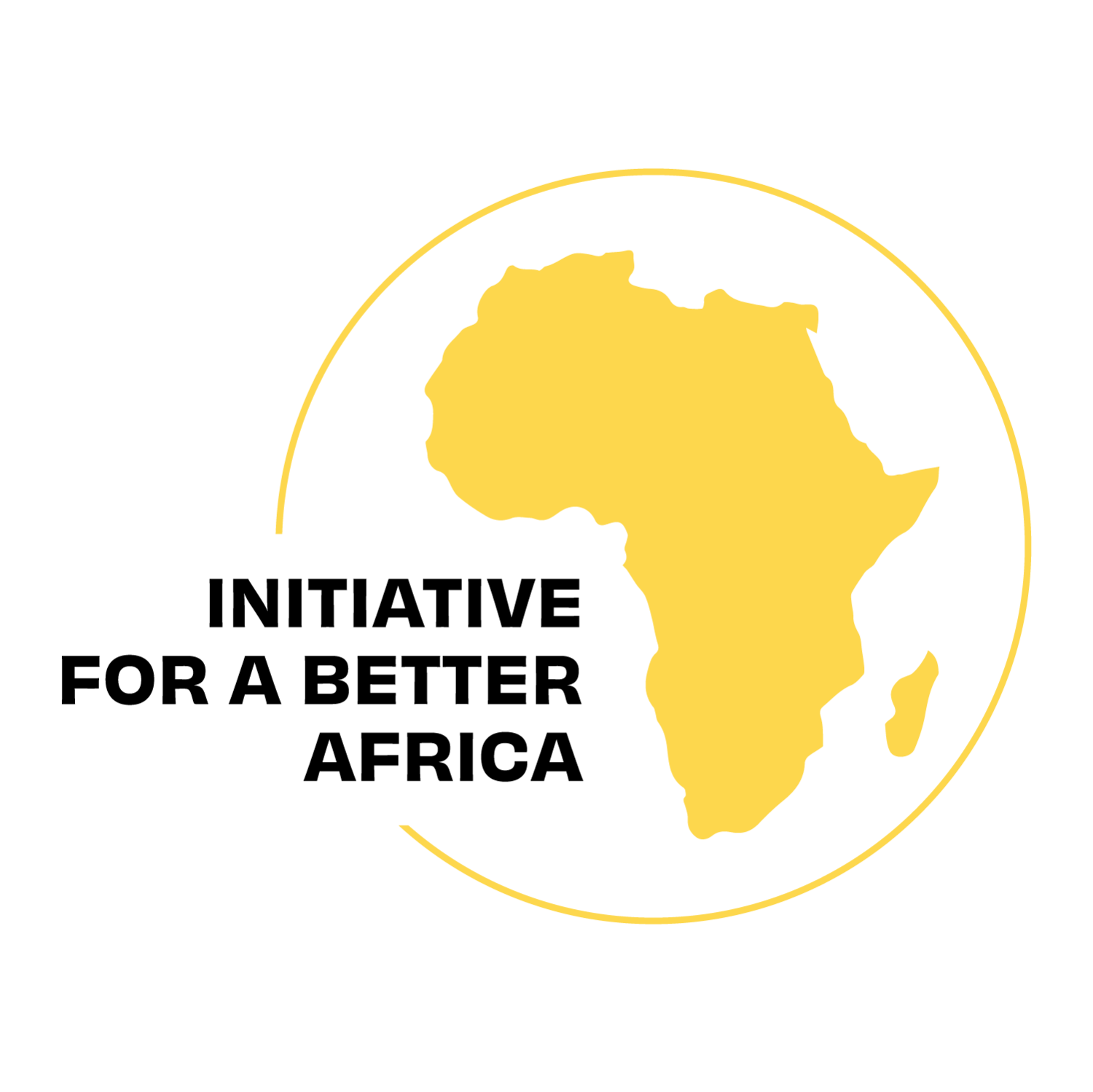IFBA Currently Operates in Liberia, West Africa
Why Liberia?
We chose Liberia because it is where our roots lie, a country deeply affected by years of civil unrest that have left its education system in dire need of reform. Liberia endured two devastating civil wars between 1989 and 2003, resulting in the deaths of over 250,000 people and the displacement of millions. The conflicts were marked by widespread violence, human rights abuses, and the destruction of the country's infrastructure. In 2014, Liberia was hit by the Ebola virus epidemic, which claimed over 4,800 lives and further strained the nation’s already fragile healthcare system. Both the civil wars and the Ebola outbreak have had long-lasting impacts on Liberia's development and recovery efforts. Liberia’s educational infrastructure remains fragile, with significant gaps in access and quality, making it one of the most challenging environments for students. As founders who grew up in Liberia, we experienced firsthand the challenges of inadequate schools, unqualified teachers, and the financial burdens that kept many children out of the classroom. By focusing our efforts here, we aim to make a tangible difference in a place that shaped our journeys, helping to rebuild and strengthen the education foundation for the next generation.
Here are seven key points about the state of education in Liberia:
Urgent Need for Intervention: The critical need for educational reform and improvement is why IFBA chose to focus on Liberia. The country faces significant challenges in providing quality education, particularly in underserved areas (UNESDOC) (USAID).
Historical Context: Liberia, founded in 1847, is one of Africa’s oldest republics. With over 175 years of history, it has endured significant periods of civil unrest that have deeply impacted its educational infrastructure.
Access to Education: Liberia has one of the highest rates of out-of-school children globally. An estimated 15-20% of children aged 6-14 are not enrolled in school, underscoring the need for greater access and intervention (USAID).
Quality of Education: The quality of education is a major concern, with many teachers unqualified and poorly trained. There is a pressing need for better teacher training and support to improve educational outcomes (Global Partnership for Education) (USAID).
Literacy Rates: Literacy rates in Liberia remain low, with significant gender disparities. Efforts are needed to improve literacy and ensure that both boys and girls have equal educational opportunities.
Educational Infrastructure: Many schools lack basic facilities and resources, impacting the learning environment. There is an urgent need for investment in infrastructure to create safe and conducive learning spaces (Global Partnership for Education).
Economic Challenges: The prolonged economic struggles and limited national finances hinder the ability to invest adequately in the education sector. External support and strategic partnerships are crucial to drive sustainable improvements (UNESDOC) (USAID).







